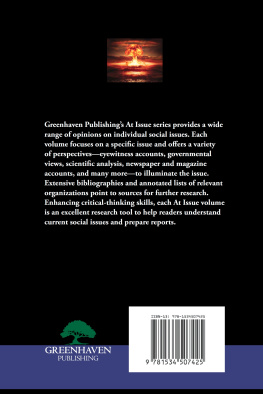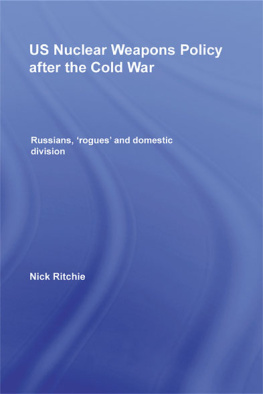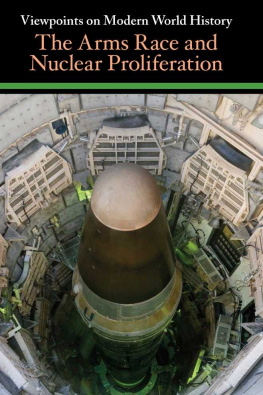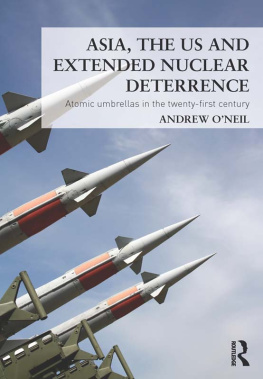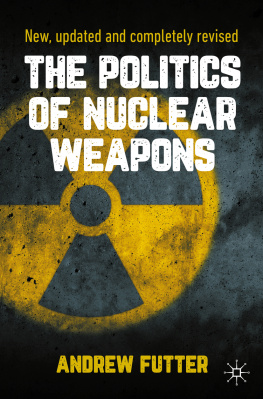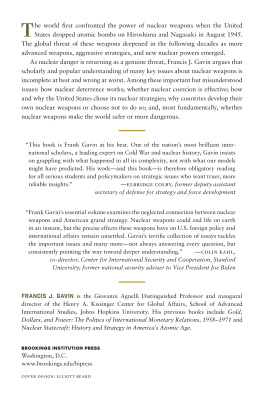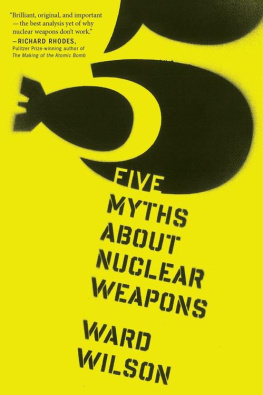
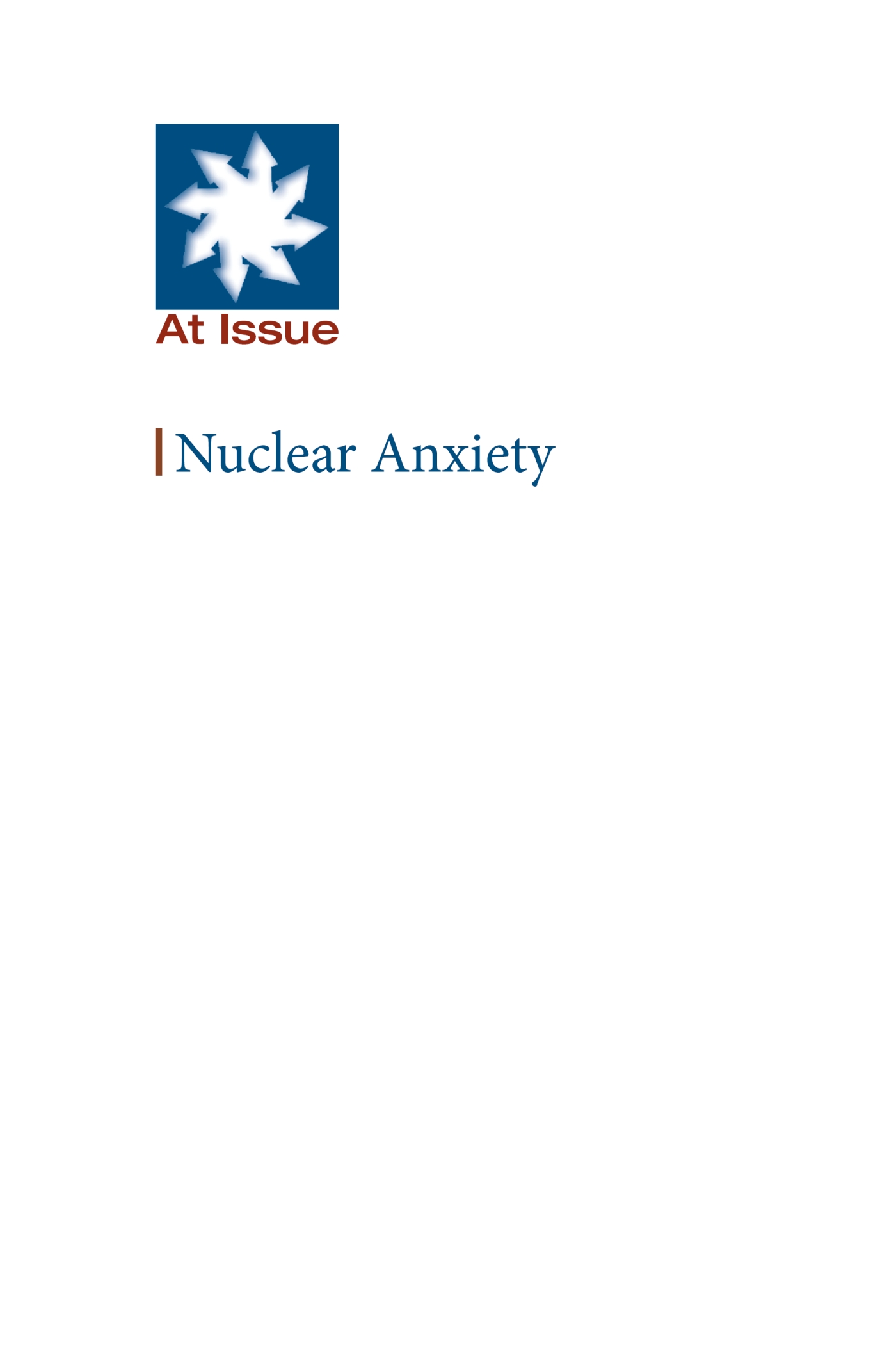
Other Books in the At Issue Series
Athlete Activism
Food Security
Genocide
Mob Rule or the Wisdom of the Crowd?
Money Laundering
Open Borders
Pandemics and Outbreaks
Sexual Consent
Student Debt
Universal Health Care
Vaccination
Published in 2021 by Greenhaven Publishing, LLC
353 3rd Avenue, Suite 255, New York, NY 10010
Copyright 2021 by Greenhaven Publishing, LLC
First Edition
All rights reserved. No part of this book may be reproduced in any form without permission in writing from the publisher, except by a reviewer.
Articles in Greenhaven Publishing anthologies are often edited for length to meet page requirements. In addition, original titles of these works are changed to clearly present the main thesis and to explicitly indicate the authors opinion. Every effort is made to ensure that Greenhaven Publishing accurately reflects the original intent of the authors. Every effort has been made to trace the owners of the copyrighted material.
Cover image: Romolo Tavani/Shutterstock.com
Library of Congress Cataloging-in-Publication Data
Names: Kamar, Haq, editor.
Title: Nuclear anxiety / Haq Kamar.
Description: First Edition. | New York: Greenhaven Publishing, 2020. | Series: At issue | Includes bibliographical references and index. | Audience: Grades 912.
Identifiers: LCCN 2020004050 | ISBN 9781534507425 (library binding) | ISBN 9781534507418 (paperback)
Subjects: LCSH: AnxietySocial aspects. | Nuclear warfarePsychological aspects. | Nuclear warfareHistory. | World politics.
Classification: LCC HM1033 .N83 2020 | DDC 152.4/6dc23
LC record available at https://lccn.loc.gov/2020004050
Manufactured in the United States of America
Website: http://greenhavenpublishing.com
Contents
Becky Alexis-Martin
Emanuel Pastreich
Julian Borger
Zain Hussain
Noah Weisbord
Louie Dean Valencia-Garca
Ahsan I. Butt
Pierre Goldschmidt
Annie Waqar
David McCoy
usan T. Fiske
Steve Weintz
John Mueller
Ian Johnstone
The World Future Council
Dan Plesch
Duncan Meisel
Introduction
I n the full span of human history, nuclear weapons are a very recent development. In 1938, German scientists Otto Hahn, Lise Meitner, and Fritz Strassman initially discovered the technology of nuclear fission in Berlin, Germany. Nuclear fission is when an atom of radioactive material splits into lighter atoms, releasing a huge amount of energy in the process. Some weapons developed later would go on to use a mixture of fission and fusion (which is the exact opposite process: fusing lighter radioactive atoms to create a large atom), but this initial discovery was the stepping-stone towards nuclear weaponization.
America played a major role in weaponizing nuclear technology with the Manhattan Project (19391946), a conference of scientists tasked to research and develop nuclear weaponry. This endeavor eventually culminated in the first and only deployment of nuclear weaponry in human history thus far: the 1945 bombings by American forces in Hiroshima and Nagasaki, Japan. The attack decimated the cities, killing 70,000 in the initial blast. A recent study by the Department of Energy claims the five-year death toll may have reached or exceeded 200,000 people. and the Soviet Unionthat drove the fear of nuclear destruction deep into the public psyche.
The attacks on Hiroshima and Nagasaki offered a first glimpse at this new level of savagery, and the Cold War would exacerbate and accelerate these fears further. The US and the Soviet Union scrambled to stockpile and develop the technology. The threat of total nuclear annihilation was held back solely because of how quickly it would devolve: A nuclear strike would beget a nuclear retaliation, and the entire world could perish in the crossfire. Thus, it seemed neither nuclear power would cast the first stone under the precarious premise of mutually assured destruction.
Even though no nuclear missiles were ever detonated during this conflict, the implicit threat echoed through political and civilian life. As each nuclear superpower amassed their stockpiles, some countries aligned themselves with one or the otherhoping that would keep their populaces out of the crossfire. Other allied states such as China, the United Kingdom, and France chased their own nuclear ambitions to maintain autonomy and deter foreign intervention under the same guise of mutual destruction. Civilians were privy to the political agendas of their leaders that centered on the nuclear threat, but it seemed there was no escape from this anxiety taking hold in other spheres of life. Many felt the need to take safety into their own hands, constructing nuclear bunkers for themselves in hopes of surviving the nuclear holocaust. Public schools would have regular drills in case of nuclear attackmuch like the more familiar fire drills of todayand thus even young children were aware of the fragile state of the world.
International efforts to suppress nuclear weapons were revisited in the 1960s. Negotiations occurred amid worldwide protests for nuclear disarmament. It seemed the Cold War would finally wind down when the Nuclear Non-Proliferation Treaty (NPT) was endorsed by the United Nations in 1968 and eventually enforced starting in March 1970. Nuclear signatories pledged to reduce and eventually completely disarm their nuclear weapons, and non-nuclear signatories pledged they would never bear nuclear arms. Some countries have defied this treaty, but at the very least the biggest nuclear playersthe US and Russiahave pledged to uphold this treaty, and the fear of nuclear destruction cooled down as a result.
But it seemed the peace was not meant to hold. For many adults today, the prevailing fear of catastrophic weapons of war in the current political climate began with the September 11 terror attacks that took place in the US in 2001. In their wake, the media and President George W. Bush claimed that the terrorist group al-Qaeda would soon follow with bigger weapons and bigger plans that would leave American democracy vulnerable. Thus, weapons of mass destruction formed the casus belli of a war touted to be both a pre-emptive strike and a retaliation for the September 11 attacks. The enduring anxiety surrounding the possibility of malignant powers possessing and using weapons of mass destruction shaped yet another historical era for the US and beyond.
More recently, the election of American president Donald Trump in 2016 is considered by some to be the latest catalyst for nuclear anxiety. Indeed, Trump has long expressed a fascination regarding the use of nuclear weapons, dating back to the 1980s. Yet all over the world, it seems nuclear stability is being called into question. North Korea in its secrecy is reportedly pushing a nuclear arms program and is the primary antagonist in President Trumps vision of a possible nuclear skirmish. Israel also maintains a nuclear stockpile in defiance of the Nonproliferation Treaty. Neither India nor Pakistan signed the NPT, and both are embroiled in a drawn-out border conflict in the Kashmir region, embodying their own microcosm of mutually assured destruction. It should come as no surprise that nuclear anxiety has reemerged to the greatest heights since the Cold War as a result of these conflicts.
Next page
